Cardamom:
Cardamom, a popular spice used in cooking and traditional medicine, has been noted for its potential anti-hangover effects. While there is limited direct scientific research specifically on cardamom’s efficacy for hangovers, its known properties suggest several mechanisms through which it might help alleviate hangover symptoms:
- Digestive Aid
- Anti-Inflammatory Properties
- Detoxification Support
- Antioxidant Effects
- Stress Relief
Cinnamon:
Cinnamon, a widely used spice in both culinary and medicinal contexts, has several properties that can potentially help alleviate hangover symptoms. While specific research on cinnamon’s direct effect on hangovers is limited, its known health benefits suggest it can play a supportive role in mitigating hangover discomfort:
- Anti-Inflammatory Properties
- Antioxidant Effects
- Blood Sugar Regulation
- Digestive Aid
- Neuroprotective Effects
Cloves:
Cloves, a spice commonly used in cooking and traditional medicine, have several properties that can potentially help alleviate hangover symptoms. Although specific research on cloves’ direct effect on hangovers is limited, their known health benefits suggest they can play a supportive role in mitigating hangover discomfort:
- Anti-Inflammatory Properties
- Antioxidant Effects
- Digestive Aid
- Analgesic Properties
- Antimicrobial Properties
Ginger:
Ginger, a widely used spice and herbal remedy, has several properties that can make it particularly effective in alleviating hangover symptoms. Here’s a detailed look at how ginger can help with hangovers:
- Digestive Relief
- Anti-Inflammatory Properties
- Antioxidant Effects
- Pain Relief
- Hydration and Electrolyte Balance
Saffron:
Saffron, the spice derived from the stigma of the Crocus sativus flower, has been used for centuries in cooking and traditional medicine. While there is limited direct research on saffron’s effects on hangovers, its known medicinal properties suggest it could help alleviate hangover symptoms in several ways:
- Anti-Inflammatory Properties
- Antioxidant Effects
- Mood Enhancement
- Digestive Aid
- Hydration and Electrolyte Balance
Nutmeg:
Nutmeg, a spice derived from the seeds of the Myristica fragrans tree, has been used for centuries in both culinary and medicinal contexts. Although specific research on nutmeg’s direct effects on hangovers is limited, its known medicinal properties suggest it can help alleviate various hangover symptoms. Here are some potential benefits and ways to use nutmeg for hangovers:
- Digestive Aid
- Anti-Inflammatory Properties
- Antioxidant Effects
- Sedative and Relaxant Properties
- Pain Relief
- Improved Circulation
Black Pepper:
Black pepper, commonly known as the “king of spices,” has been used for its flavor and medicinal properties for centuries. While there’s limited direct research on black pepper specifically as an anti-hangover remedy, its well-documented health benefits can help alleviate several hangover symptoms. Here are some potential benefits and ways to use black pepper for hangovers:
- Digestive Aid
- Anti-Inflammatory Properties
- Antioxidant Effects
- Enhanced Nutrient Absorption
- Detoxification Support
- Pain Relief
Holy Basil:
Holy basil, also known as Tulsi, is a herb with significant medicinal properties and has been used in Ayurvedic medicine for centuries. While direct research on holy basil’s effects on hangovers is limited, its known health benefits suggest it could help alleviate some hangover symptoms. Here are some potential benefits and ways holy basil might aid in hangover recovery:
- Adaptogenic Properties
- Anti-inflammatory Effects
- Antioxidant Activity
- Liver Support
- Digestive Aid:
- Stress Reduction
GREEN TEA:
Green tea is renowned for its numerous health benefits, and its role as a metabolism booster is one of the most well-documented. Here are some key ways in which green tea can help enhance metabolism:
- Thermogenic Properties
- Fat Oxidation
- Enhanced Energy Expenditure
- Regulation of Blood Sugar and Insulin Levels
- Appetite Suppression
- Metabolic Support
Note:
This product is not intended to diagnose, treat, cure, or prevent any disease. Please consult with a healthcare professional before use, especially if pregnant, nursing, or taking medications.


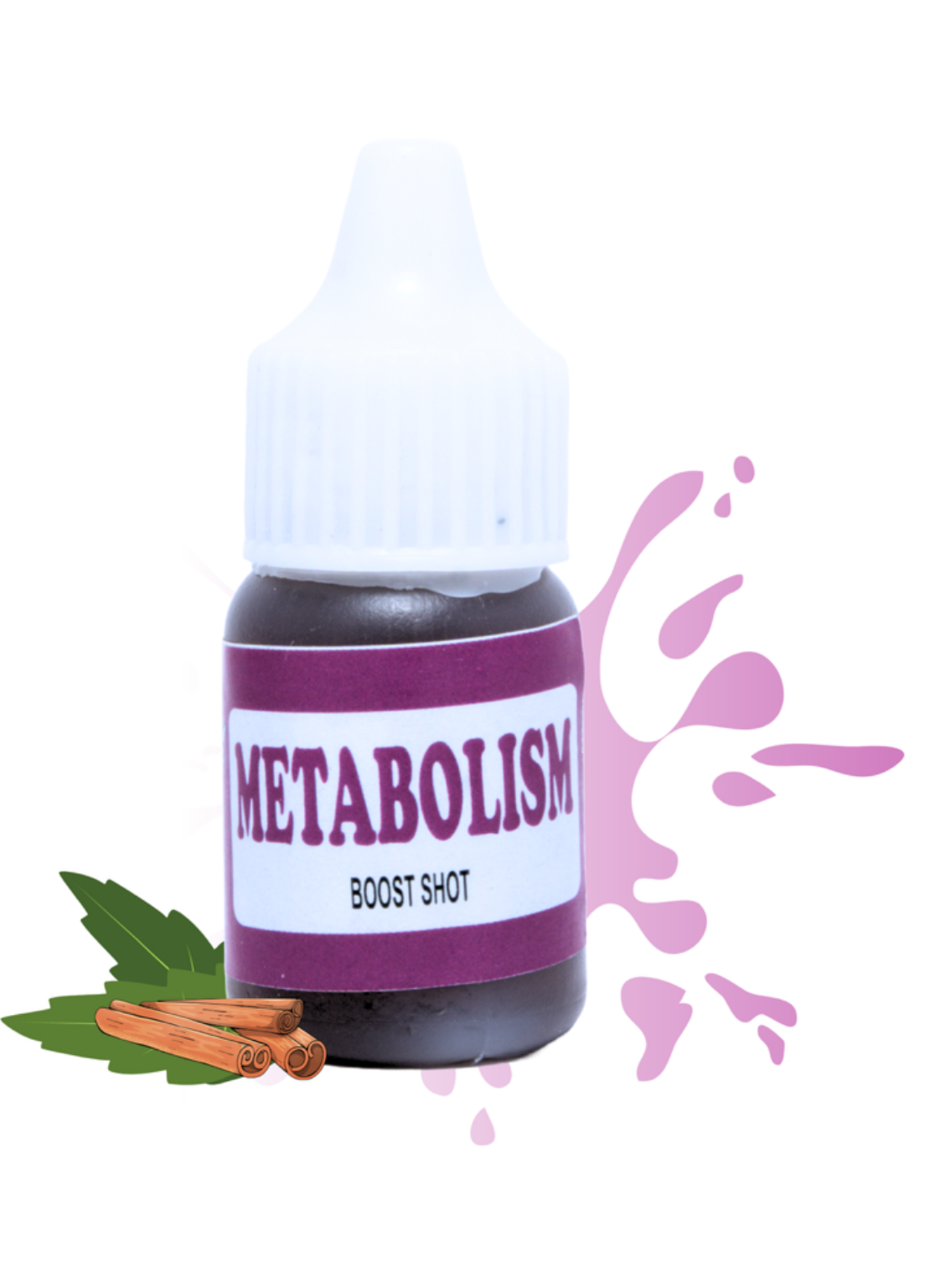


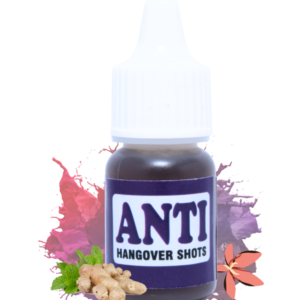
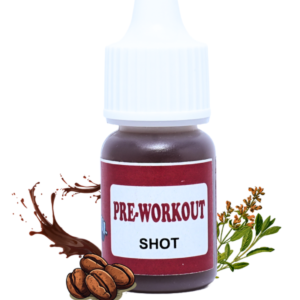
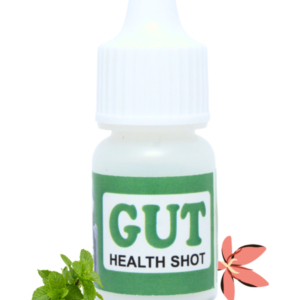
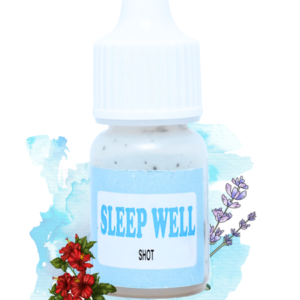
Reviews
There are no reviews yet.